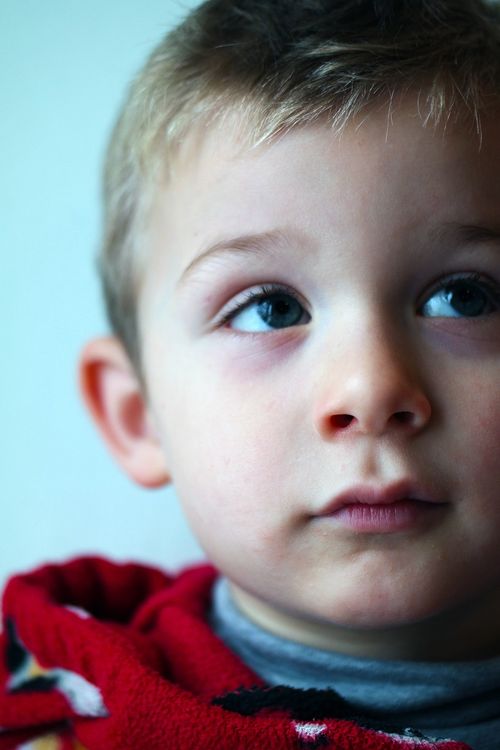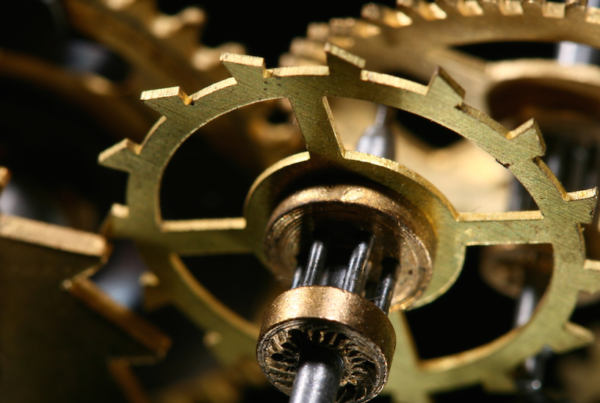Things I hate people saying:
“Children are resilient” “She grew up quickly, she had to”
These are thoughts to comfort the grownups who have failed to nurture or who can’t bear the realty of a child’s suffering. Children aren’t resilient, as the world around shows clearly. If they were, there wouldn’t be so much greed, which is what the trouble is all about. Greed for that thing which has been withheld.
Nobody grows up because they must. It’s a process through which children go, with help. “Growing up quickly” means a child learns quickly to do grown up things, practical and emotional, beyond their actual ability. This leads to an overly capable child who believes they should be able to do the things they are doing but feels as though they got there by the skin of their teeth. Every feat of physical or emotional strength is a fluke and adds nothing to the child’s confidence or self-respect. In fact, the opposite – they are always a whisker away from failure. There is such massive anxiety about the imminent discovery that they are fakes and their achievements flukes, that nothing can be learned. It is like fighting orcs.
Proper growing up doesn’t happen when there is no help. One way in which this plays out is that people, usually women, grow up passive and a bit helpless. They find it hard to make a place for themselves in the world, can’t deal with grown-up things like money. They have little sense of worth or value and they are prey to anyone who seems to offer anything like love or help.
For men, more frequently being forced to “grow up” leads to the same deep sense of inadequacy but because of the social construction of masculinity it is more likely to express itself as a defensive arrogance and aggressive defences.
Growing up can only happen with help. Winnicott would say that impingements or frustrations have to happen at the right in time and at the right point in development. A baby has no sense of “it will come” and to avoid her internalizing despair, needs to have her needs met pretty quickly. When that has happened long enough for the baby to develop a fundamental belief in the benevolence of the world, she can begin to tolerate a wait. She needs to learn to tolerate a wait. She needs to feel disappointment and rage with an object that is not doing her will and to have that rage taken seriously but tolerated.
What an impossible task for a 16-year-old, who has a baby because it will love her and make her fractured life whole. No wonder the baby quickly becomes the repository for all her self -hate. She cannot tolerate the idea of more failure. The baby becomes the “wrong” one, a mistake, a bad baby. But perhaps the next one…
I wrote this as a way of expressing my understanding of the internal world of some of the children and families who are referred to CAMHS, where deprivation can be re- written as mental illness..






